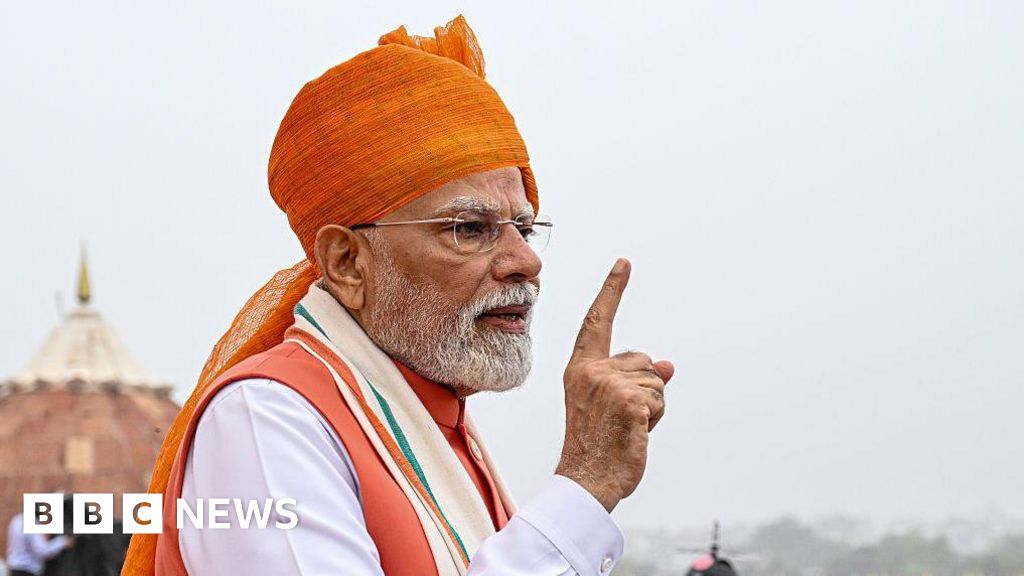Article Text: Amid growing public skepticism about Brexit, evidenced by recent surveys indicating a majority of Britons view leaving the European Union as a mistake, Prime Minister Keir Starmer has embarked on a delicate endeavor to restore relations with Brussels. As he prepares for critical meetings with E.U. leaders, scheduled for Monday, the Prime Minister is facing vociferous opposition from right-wing news outlets and political adversaries.
Critics in Parliament have branded the upcoming discussions as the “surrender summit,” a phrase popularized by Andrew Griffith from the Conservative Party, who has used it widely on social media and in political forums. This term has been adopted by major tabloids, including The Mail on Sunday and The Daily Mail, further fuelling the narrative against Starmer's approach.
Despite the clear strategic reasons for rekindling E.U. relations—including the potential to ease post-Brexit trade complexities—there remains a vocal faction among the electorate and Members of Parliament that staunchly opposes rapprochement. The aftermath of the 2016 referendum, where 52% voted to leave, continues to loom large over British politics, complicating efforts to redefine the U.K.'s relationship with the continent.
The tabloid coverage has been particularly aggressive, with The Daily Express warning readers about potential military obligations linked to E.U. missions, referencing a "leaked memo." This memo indicated a willingness to consider troop deployments under E.U. invitation, yet the interpretation presented in media was framed to elicit fear and anger over Britain’s sovereignty.
As Starmer navigates this politically charged landscape, the outcome of his negotiations could redefine Britain’s role in Europe for years to come—if it can withstand the intense scrutiny and criticism from both the media and the opposition.
Critics in Parliament have branded the upcoming discussions as the “surrender summit,” a phrase popularized by Andrew Griffith from the Conservative Party, who has used it widely on social media and in political forums. This term has been adopted by major tabloids, including The Mail on Sunday and The Daily Mail, further fuelling the narrative against Starmer's approach.
Despite the clear strategic reasons for rekindling E.U. relations—including the potential to ease post-Brexit trade complexities—there remains a vocal faction among the electorate and Members of Parliament that staunchly opposes rapprochement. The aftermath of the 2016 referendum, where 52% voted to leave, continues to loom large over British politics, complicating efforts to redefine the U.K.'s relationship with the continent.
The tabloid coverage has been particularly aggressive, with The Daily Express warning readers about potential military obligations linked to E.U. missions, referencing a "leaked memo." This memo indicated a willingness to consider troop deployments under E.U. invitation, yet the interpretation presented in media was framed to elicit fear and anger over Britain’s sovereignty.
As Starmer navigates this politically charged landscape, the outcome of his negotiations could redefine Britain’s role in Europe for years to come—if it can withstand the intense scrutiny and criticism from both the media and the opposition.





















